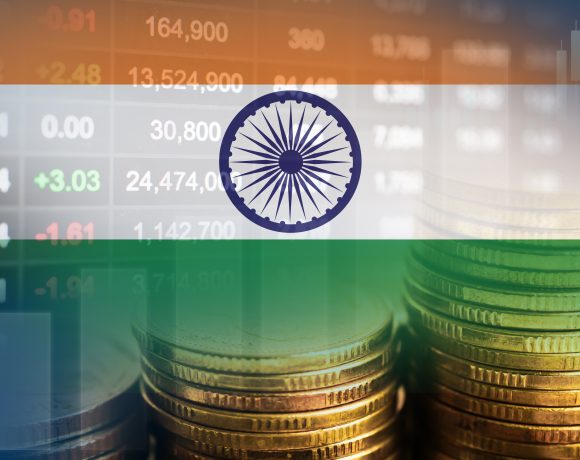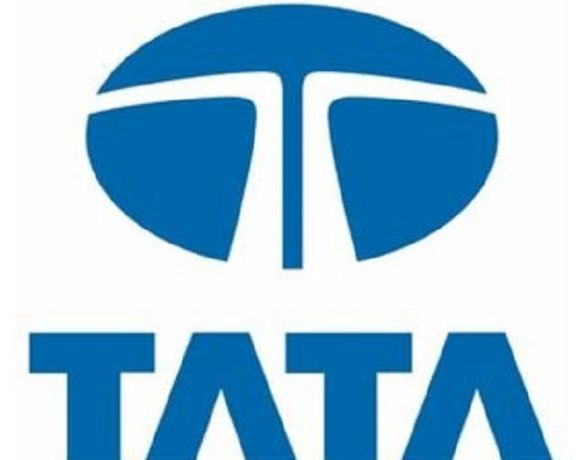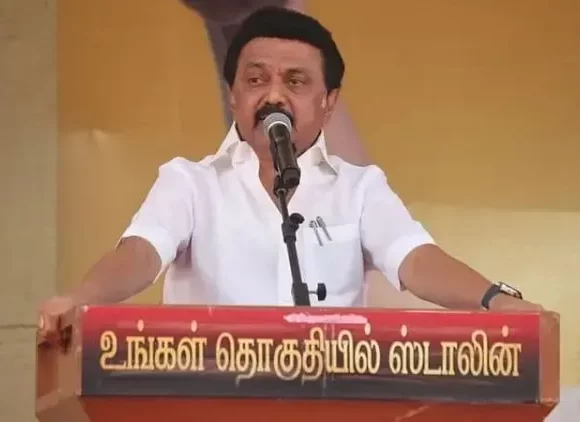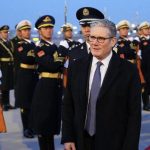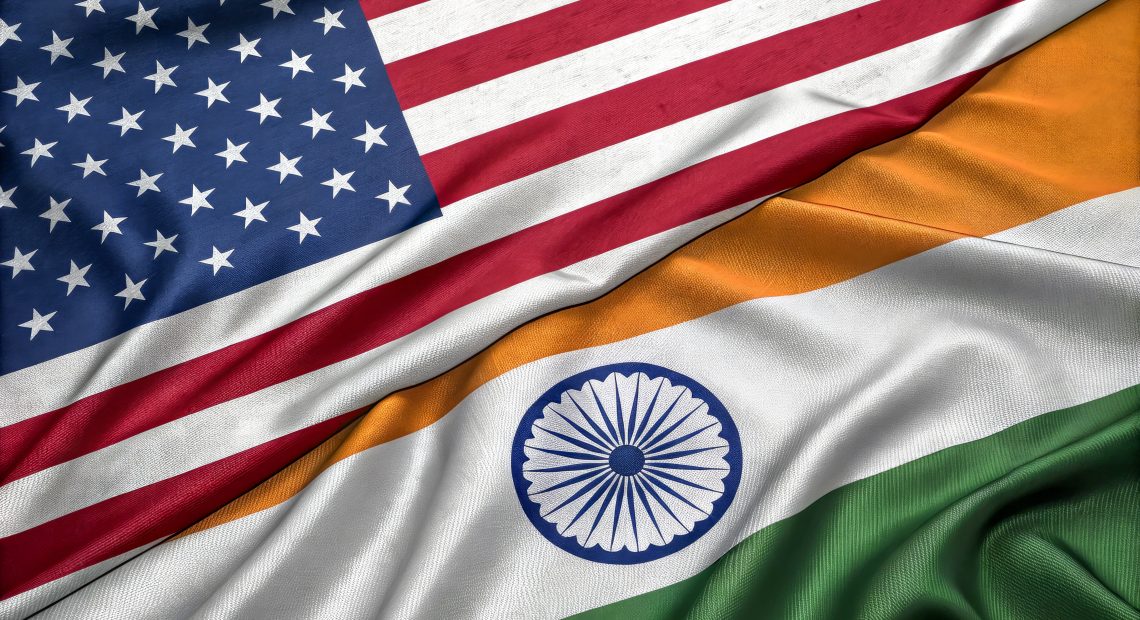
India Emphasizes Comprehensive Trade Data in U.S. Negotiations
India is pushing for a more comprehensive and accurate portrayal of its trade relationship with the United States by urging that both goods and services trade be considered in bilateral negotiations. Government officials have expressed concern that current discussions overly emphasize the goods trade deficit, while ignoring the significant U.S. surplus in services exports to India.
The Indian side argues that any productive dialogue on trade imbalances must be grounded in the “true picture” of bilateral trade, which includes the robust exchange in sectors like IT services, professional consulting, and digital commerce. This, they say, is essential to creating a fair and balanced narrative that reflects the actual economic engagement between the two nations.
U.S. Services Surplus with India Grows
While the U.S. has frequently flagged its trade deficit in goods as a concern—leading to demands for tariff reductions or reciprocal access—data shows that in services, the balance tilts in America’s favor. U.S. services exports to India have been rising consistently year-on-year, amounting to over $40 billion in 2024 alone. In contrast, services imports from India have seen only marginal changes, maintaining a near-equilibrium position.
By showcasing this data, India aims to highlight that the perceived imbalance is largely due to selective representation and that the broader economic partnership is far more symbiotic than adversarial.
Reframing Trade Negotiations
Officials have stated that India’s strategy going forward will be rooted in this holistic view. Including services trade in the negotiation framework would not only lead to more equitable outcomes but also promote collaboration in emerging areas such as digital trade, fintech, and professional mobility.
This approach is particularly relevant as both countries navigate evolving trade frameworks in the wake of global supply chain shifts and rising protectionism. India is also preparing to use this data-driven narrative in its ongoing strategic and commercial dialogues with the U.S., aimed at fostering deeper economic cooperation.
Conclusion
India’s insistence on a broader evaluation of bilateral trade is a clear signal of its intent to level the playing field in international trade discourse. By demanding that services be given equal weight in discussions, India hopes to correct skewed perceptions and build a more nuanced and fair foundation for future economic engagement with the United States.



